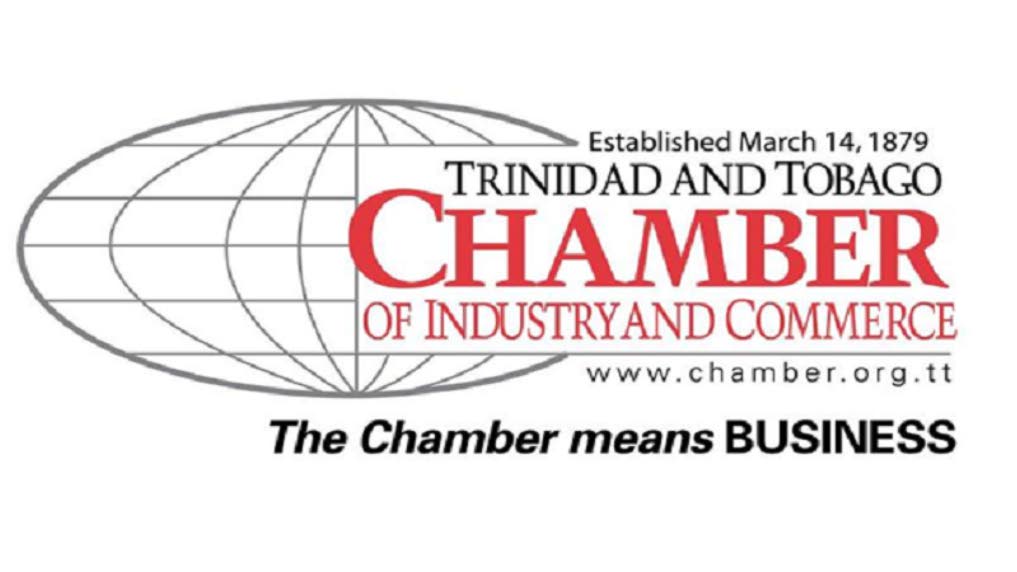Exploring Jamaica

As the largest English-speaking territory in the Caribbean with more than double the population of Trinidad and Tobago, Jamaica holds great interest for many local businesses seeking to expand their export operations.
In the past, an essential element of Jamaica’s attractiveness to Trinidad and Tobago-based exporters was undoubtedly the duty-free, quota-free access for their manufactured goods – a benefit that went both ways, since the two countries are members of the Caribbean Single Market and Economy – the CSME.
The recent pique in interest in the Jamaican market, however, cannot solely be attributed to bilateral and historical relations. Over the past two years, the Jamaican government has taken significant steps to improve its macroeconomic and regulatory environment. In 2016, as part of its three-year Stand-By Arrangement with the International Monetary Fund, Jamaica embarked upon an economic reform programme focused on reducing its vulnerability to adverse external economic shocks, while allowing for improved economic growth, increased job creation and reduced public debt.
Since then, Jamaica has made significant strides in improving its business environment, implementing more than 50 legislative and regulatory reforms, including tax incentives, credit bureaux, a collateral registry, and omnibus banking legislation. Even better, having also created an attractive trade and investment climate for foreign businesses, the benefits of these reforms extend far beyond the local economy.
In 2018, partly due to significant improvements in the country’s requirements for cross-border trade, legislation, taxation and the business environment, Jamaica ranked 70th in the World Bank’s Ease of Doing Business rating. An additional feature of these reforms is the upgrade of laborious paper processes to paperless electronic platforms. Now, most trade and business transactions – ranging from the submission of customs declarations and supporting trade documents to the filing of corporate income tax and value added tax – can be done electronically.
The impact of these reforms is most evident in what the IMF cited as record low rates of inflation and unemployment, and “comfortable” international reserves. And although Jamaica continues to experience economic pressures, the benefits of some of these reforms will, no doubt, augur well for the future.
It is also important to note that, given the recent exploration for potential oil and gas reserves off the south coast of the island, the prospects for positive economic growth in Jamaica appear even more favourable. With the possible favourable outcome of the exploration efforts, and the anticipated growth of sectors like tourism, agriculture, forestry, fishery and manufacturing, the Jamaican economy appears to be poised for an upswing.
The Trinidad and Tobago Chamber of Industry and Commerce, in seeking to help businesses position themselves on the vanguard of such pivotal developments, will be embarking on a trade mission to Jamaica from February 5- 8, 2019. This mission will primarily seek to explore Jamaican market opportunities for local exporters and service providers, and foster collaborative business relationships to promote the mutual development of both countries’ economies.
For further information, and to register for our trade mission to Jamaica, please contact Trade and Research Economist Lisa Douglas-Paul, at 637-6966, extension 1249.


Comments
"Exploring Jamaica"